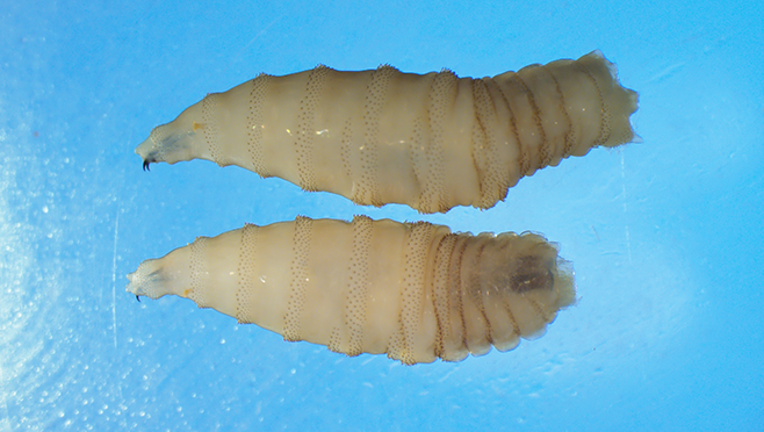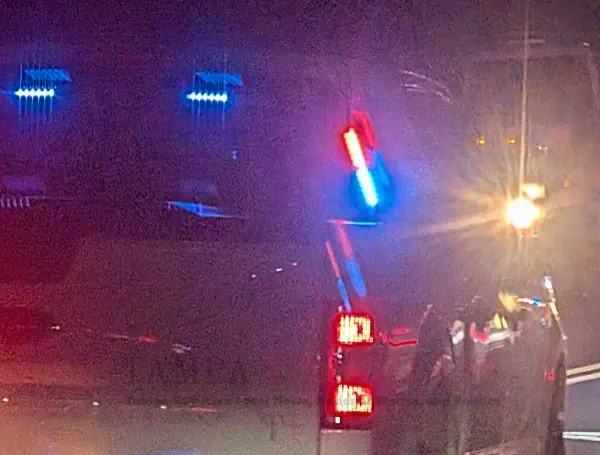California health authorities have issued a health advisory about the New World Screwworm (NWS), a rare parasitic fly whose larvae feed on living tissue and can infest humans and animals.
The NWS was eradicated in the U.S. in 1966, with a small outbreak in the Florida Keys in 2017 quickly controlled. Officials are now concerned about a possible resurgence.
Recent detections
-
The California Department of Public Health reported increased NWS activity in southern Mexico and Central America, regions previously free of the parasite.
-
A travel-associated human case was confirmed in the U.S. on August 4, 2025, involving a patient returning from El Salvador.
-
The U.S. Department of Agriculture reported a recent case in Sabinas Hidalgo, Nuevo León, less than 70 miles from the U.S.-Mexico border, the northernmost detection in the current outbreak. USDA warns this case poses a significant threat to the American livestock industry.
U.S. Secretary of Agriculture Brooke L. Rollins called NWS a “national security priority” and noted that ports remain closed to imports of cattle, bison, and horses from Mexico.
How the parasite affects humans and animals
The CDC explains that NWS larvae infest living flesh of warm-blooded animals.
-
The flies lay eggs on open wounds or mucous membranes, feeding on healthy tissue.
-
While livestock are the primary hosts, the parasite can also infest humans, pets, and birds.
-
Currently, no medication exists to treat NWS; infestations require professional medical removal, sometimes surgically.
Who is at risk?
-
People with open sores or surgical wounds.
-
Individuals who work with or are around livestock in affected areas.
-
Travelers to regions where NWS is endemic, including parts of South America, Cuba, Haiti, and the Dominican Republic.
-
Vulnerable populations, including the immunocompromised, malnourished, and those at age extremes.
Symptoms
NWS infestations are extremely painful and may include:
-
Sensation of burrowing maggots in wounds or in the ears, nose, eyes, or mouth.
-
Bleeding, foul odor, and unexplained skin sores that do not heal.
-
Tissue destruction and secondary bacterial infections, possibly leading to fever and chills.
Important guidance:
-
NWS cannot spread directly between humans or animals.
-
Anyone noticing maggots in a wound should contact a healthcare provider immediately.
-
Do not attempt to remove maggots yourself or discard them outside, as this could spread the parasite.
Health officials stress that early detection and proper medical removal are crucial to preventing serious injury and containing potential outbreaks.












Leave a Reply